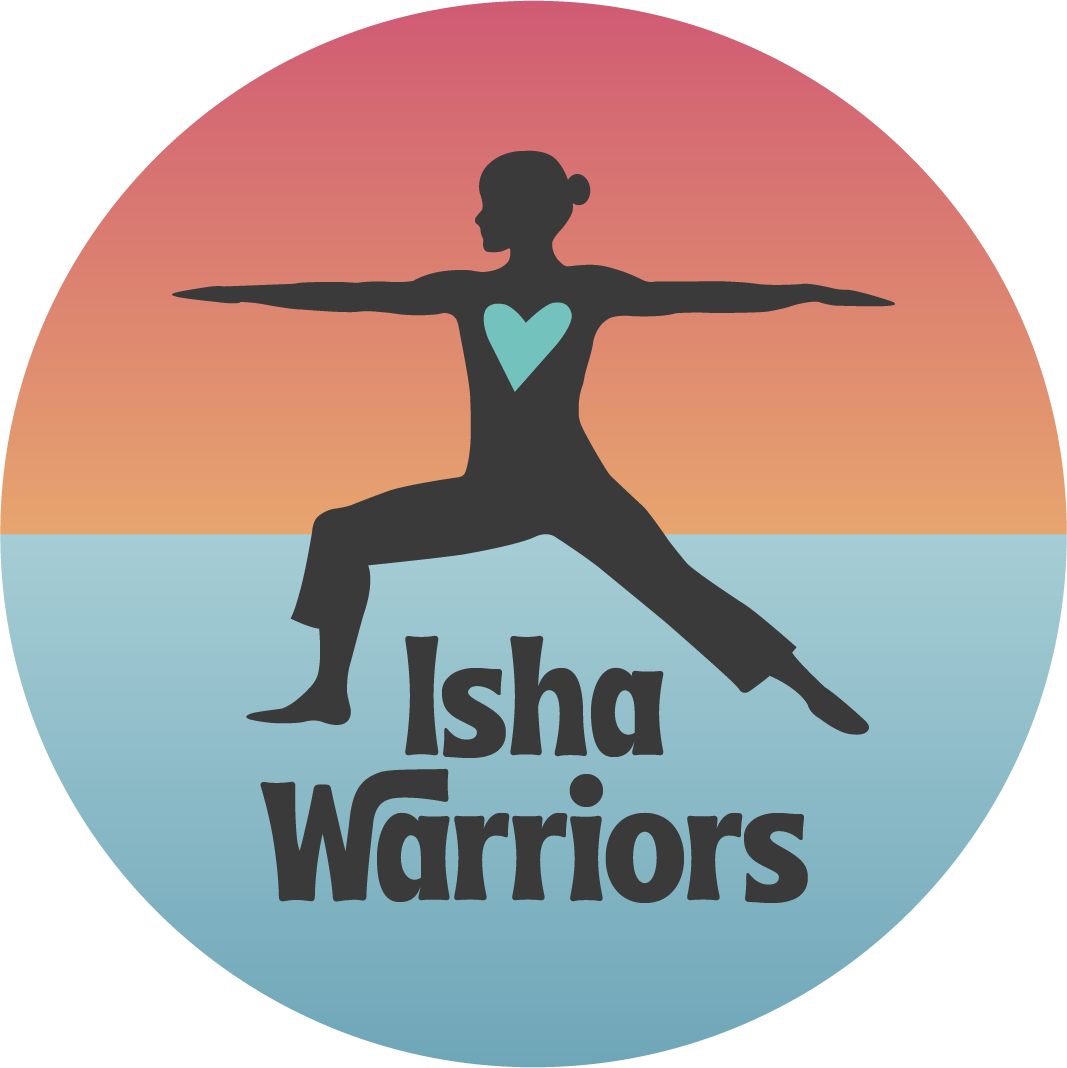Episode 104: Why Is It So Hard to Love Myself? Interview with Psychotherapist, Lauren Harding
Start being proactive about how you think and feel about your body today!
The magic happens on the mat.
Learn more about 6 Week Body Positivity Series with Isha Warriors
Lauren is a psychotherapist and certified eating disorder coach. She has an undergrad in psychology and a masters in social work and is a certified eating disorder specialist. Lauren has experience working with a variety of clients including those who have experienced trauma, anxiety, depression, and obsessive-compulsive disorder. She also has experience working at an eating disorder residential eating disorder treatment center and over time has developed a passion for helping individuals who struggle with eating disorders/disordered eating, chronic dieting, activity addiction, and negative body image. Lauren lives in Indianapolis with her husband, Brock, her son Hyrum and dog, Artie. She enjoys being outdoors, baking, and reading.
Link to previous podcast about identifying eating disorders click HERE.
UNDERLYING ISSUES:
Body image and how we feel about ourselves has less to do with what we see in the mirror and is really just the psychological space where body, mind and culture come together. Body image has multiple layers.
Body image is so subjective.
Body image can shift depending on how we are feeling, or maybe something happened during the day…what we focus on expands.
ACCEPTING ONESELF ON A WIDER SCALE:
-notice discomfort and sensation in the body
-allow yourself to cope with it
-I can do something about this
-I can feel two things at once
-Where did that thought come from?
-What emotion is coming up?
-What can I do without manipulation of my body?
*That discomfort will not go away despite manipulating the body (ie force myself to throw up, buying a product that is advertised to do this or that, cutting etc)
Attend to the emotion
Practice curiosity.
-Where is this coming from?
Talk to someone. There is a sense of relief when we are able to “pour out”.
Practice body neutrality
Identifying what our strengths are and what things we easily love about ourselves and what things are harder to love.
Notice how you talk to yourself.
HOW WE TALK TO OURSELVES IS IMPORTANT:
Cognitive distortions-these thoughts are formed to try and protect ourselves, but hinder our progress instead.
Here's a list of distortions...
1. Polarized Thinking
2. Mental Filtering
3. Overgeneralization
4. Jumping to Conclusions
5. Catastrophizing
6. Personalization
7. Blaming
8. Labeling
9. Always Being Right
10. Should Statements
11. Emotional Reasoning
12. Control Fallacies
13. Fallacy of Change
14. Fallacy of Fairness
15. Heaven’s Reward Fallacy
BOOKS WORTH READING:
"More Than a Body" Lindsay & Lexi Kite
"Body Neutral" -Jesse Kneeland
"Body Kindness" - Rebecca Scritchfield
Podcasts to follow “The Body Trap” & "Peacemeal"
Subscribe & support the awesome.
Please consider clicking below to make a one time donation to help "Monday Mindset With Isha Warriors" reach more people across the world!
Donate Here
